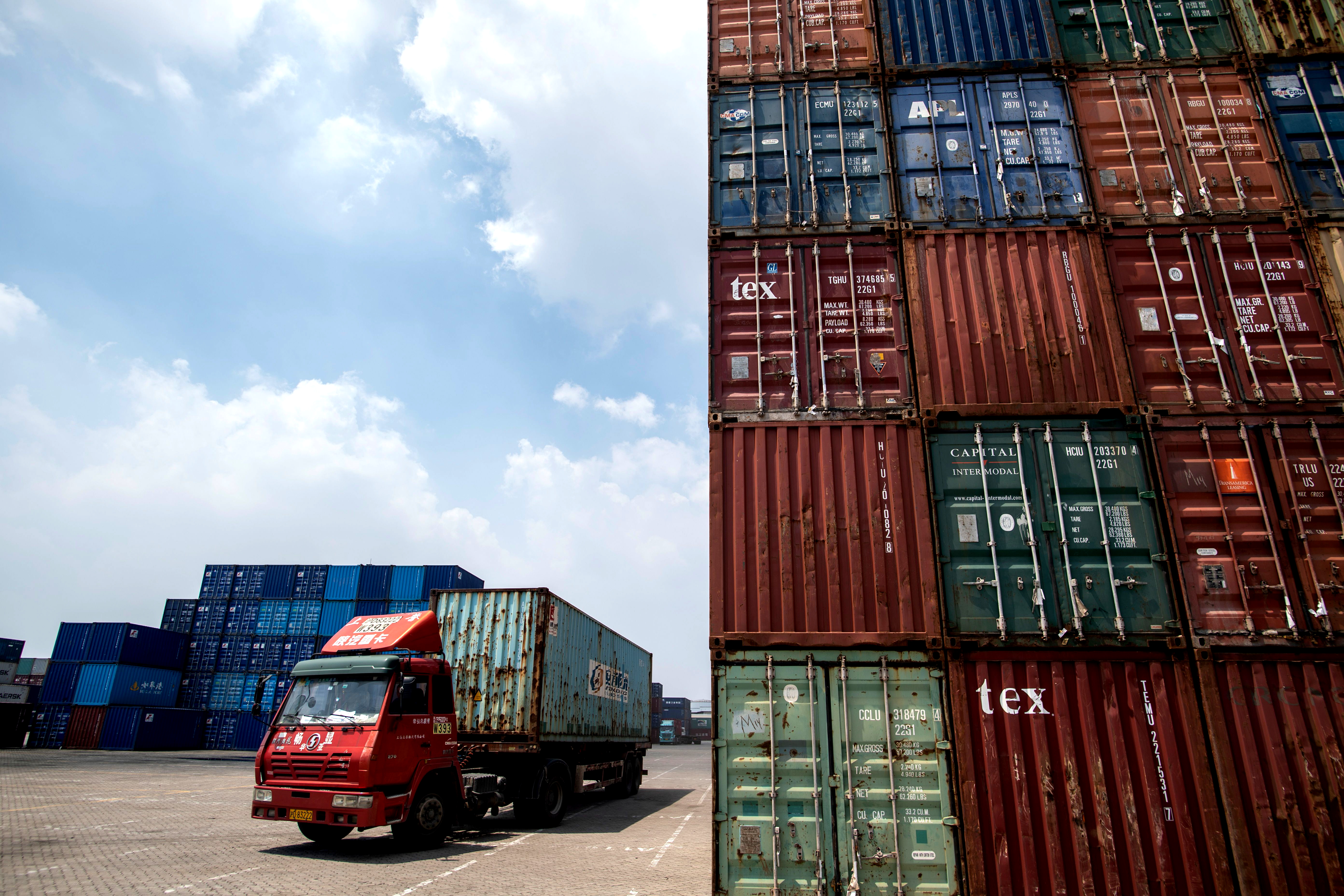Will tariffs make growth grind to a halt?
What experts are forecasting for the Trump economy

A free daily email with the biggest news stories of the day – and the best features from TheWeek.com
You are now subscribed
Your newsletter sign-up was successful
The smartest insight and analysis, from all perspectives, rounded up from around the web:
With a multi-front trade war stretching from China to Mexico, President Trump may have "upended" the U.S. economy, said Jim Tankersley at The New York Times. Trump has now "enacted or threatened what amounts to a nearly $200 billion annual tax increase on American businesses and consumers." In effect, all the money Trump's signature 2017 tax cut put into consumers' pockets may now be taken back by the White House's trade policy. The Federal Reserve Bank of New York estimated that last year tariffs cost the typical American household $414. Carrying out the latest round of threats against China alone would increase that to $831. Mexican tariffs would add more. With inexpensive foreign components costing more or becoming unavailable, manufacturing activity in the U.S. is slowing — with some business owners "citing rising concerns over the cost and uncertainty brought on by tariffs."
If the threatened tariffs on Mexico go into effect, the auto industry will be hit hard, said Eric Lawrence at the Detroit Free Press. Ironically, the duties could hurt U.S.-based car brands while largely sparing many Japanese and German ones. Fiat Chrysler and General Motors each assemble about 25 percent of their cars sold in the U.S. in Mexico; for Toyota and Hyundai, the number is just 11 percent. "Passing the costs on to consumers" would likely increase the average cost of a GM vehicle by $2,400. Beyond the immediate effect on prices, the industry faces the prospect of planning five or 10 years ahead without knowing what the trade environment will be like "from now until the end of business today."
The Week
Escape your echo chamber. Get the facts behind the news, plus analysis from multiple perspectives.

Sign up for The Week's Free Newsletters
From our morning news briefing to a weekly Good News Newsletter, get the best of The Week delivered directly to your inbox.
From our morning news briefing to a weekly Good News Newsletter, get the best of The Week delivered directly to your inbox.
For months, the president has "pressed the Federal Reserve to cut interest rates to make the economy take off," said Victoria Guida at Politico. Now Trump's tariffs may get him what he wants. The Fed says it's "closely monitoring" the effect of trade wars on the economy, and many economists are predicting a rate cut "to stave off a dramatic slowdown." Those predictions sent the sagging market briefly soaring this week, but investors remain worried that Trump's "aggressive trade policies may have damaged the U.S. economy," said Thomas Franck at CNBC. Hedge fund manager Stanley Druckenmiller "sold everything and bought Treasurys" after Trump started tweeting tariff threats. The investor, who has consistently beaten the markets, warns that Trump has given foreign leaders "no off ramp to make a deal."
No one knows how an extended trade war will play out, since "we haven't had one since the 1930s," said Greg Ip at The Wall Street Journal. The 1973 oil embargo, however, may give us a clue. It "tripled the price of oil and plunged the U.S. into what was then its worst recession" in 40 years. The oil embargo ultimately made the U.S. "insulate" itself from dependence on foreign oil. A trade war, too, may make the U.S. less reliant on cheap products from abroad — but only after painful adjustments "weighing on growth for years to come."
A free daily email with the biggest news stories of the day – and the best features from TheWeek.com